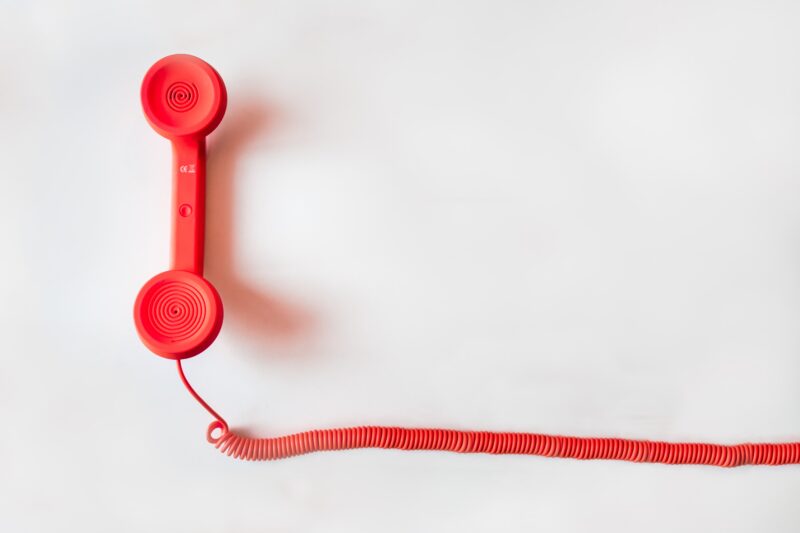Why a new creative industry support line might be a lifeline for workers
The creative industry is still operating a system that favours the powerful, which can leave vulnerable workers exposed. A new initiative aims to give them a voice, Jess Lilley, co-founder of The Open Arms, explains.
The creative industry has no independent body supporting workers. No union. No tribunal. For years there’s been talk of a confidential helpline but nothing has ever come of it. Until now.
Enter the Creative Industry Support Line, born from the frustration Never Not Creative founder, Andy Wright, felt after hearing yet another story of harassment of a young advertising worker.


